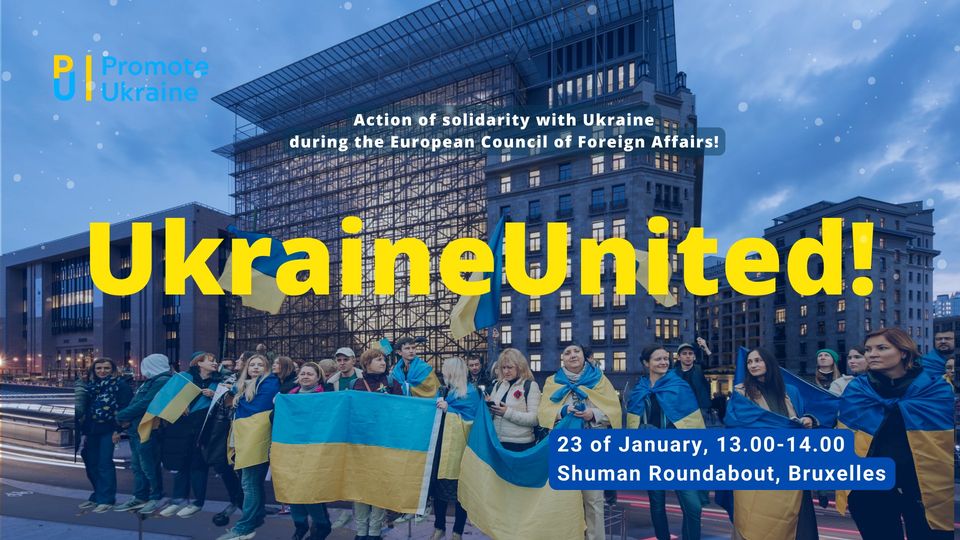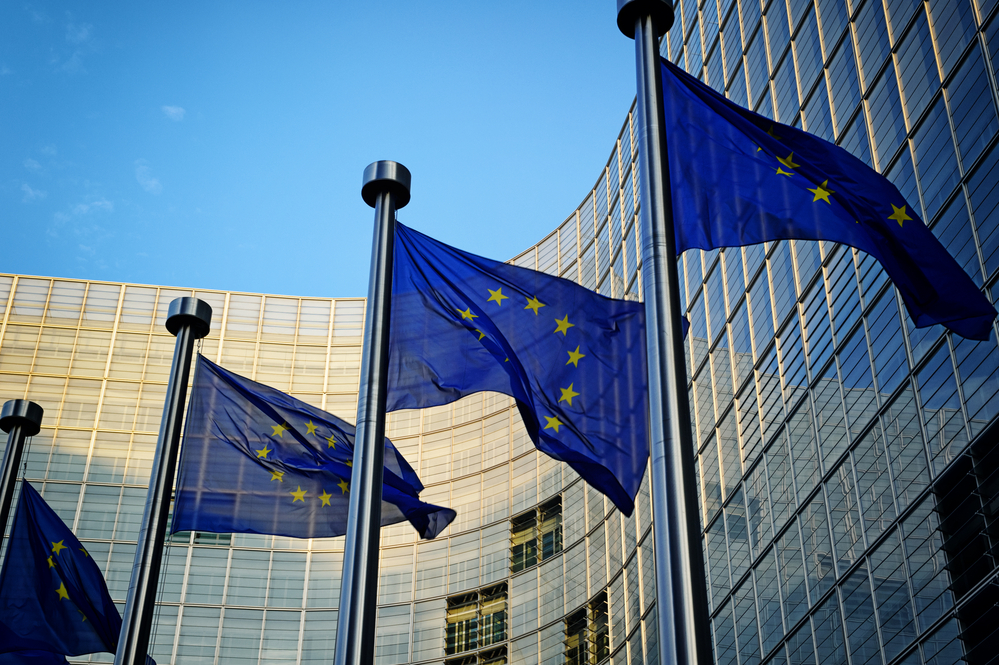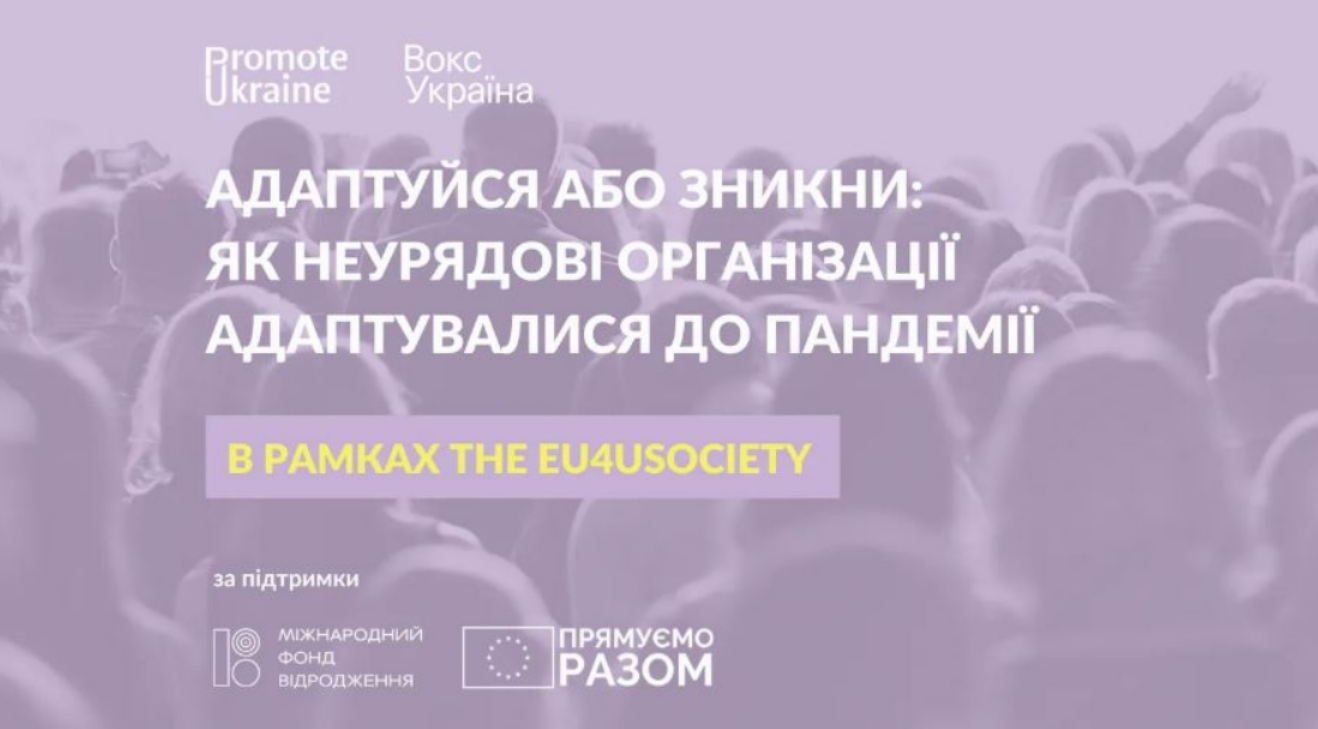 Is the current coronavirus crisis somehow similar to the aftermath of the Chornobyl nuclear disaster in 1986? Can we use lessons from Chornobyl to face the new challenges of the COVID-19 pandemic? What should we do to fight corruption? These topics were discussed at the Zero Corruption Conference, held in April on the 34th anniversary of the Chornobyl disaster. Among the speakers were philosopher Francis Fukuyama, historian Serhii Plokhii, politician and anti-corruption activist Roman Borisovich, former MEP Rebecca Harms, and anti-corruption journalist Miranda Patrucic. The event was held on the Zoom platform and was broadcast live on Facebook and Hromadske International TV Channel.
Is the current coronavirus crisis somehow similar to the aftermath of the Chornobyl nuclear disaster in 1986? Can we use lessons from Chornobyl to face the new challenges of the COVID-19 pandemic? What should we do to fight corruption? These topics were discussed at the Zero Corruption Conference, held in April on the 34th anniversary of the Chornobyl disaster. Among the speakers were philosopher Francis Fukuyama, historian Serhii Plokhii, politician and anti-corruption activist Roman Borisovich, former MEP Rebecca Harms, and anti-corruption journalist Miranda Patrucic. The event was held on the Zoom platform and was broadcast live on Facebook and Hromadske International TV Channel.
There are a lot of similarities between the crises in Chornobyl and the COVID-19 pandemic, said American philosopher Francis Fukuyama: “They are in certain ways both products of modern technology. Obviously the virus is not modern but the transmission through a globalised system of international travel and trade is something that has been brought about by the technological conditions of our age. I think that the national threat that it suddenly presents is extremely similar and the responses of different kinds of governments to it are also very similar”. According to Fukuyama, there are governments “that have tried to cover up what has been happening, that have suppressed information and basically look to their short-term interests”. Fukuyama thinks that, in this respect, “we are seeing a replay of Chornobyl where we are discovering actually which governments were capable and which are not.”
A good friend of Ukraine, former German “green” MEP Rebecca Harms, said that from her point of view “in some countries, especially also in Ukraine, the right lessons from the Chornobyl disaster have not been drawn. So I was very happy when this HBO series (about the Chornobyl disaster – ed.) came out. I immediately understood that this series can be a tool to make the next generation in Ukraine to understand what really happened and how this event in the past has still a grip on today and on the future.” Harms hopes that Ukraine will be able “to set up a strategic plan for the energy sector, focusing on not only more independence from Russia but also on sustainable, climate-friendly and low-risk ideas and technologies. For me, this would still be the lesson to be drawn from Chornobyl.”
American historian Serhii Plokhii spoke about the negative consequences of hiding the truth: “If you deal with [a] threat which is not easily identified, it is very easy for governments to deny it, but there will be another Chornobyl on the planet if the information about the pandemic is not disclosed as much as possible.” Plokhii observed that the current pandemic is the fourth one in the last 100 years and stressed that humanity’s belief in its superiority, “our belief … that there will be no pandemics in the future, that we were so scientifically powerful, is not based on reality.”
Anti-corruption journalist Miranda Patrucic warned that during the pandemic there has been a rise of criminal activities: “We noticed that, particularly in Central Asia, some of the groups reported to have aspects of corruption and to engage in the theft of public funds are actually now appearing as the major donors of supplies and, in a way, get a heroic reputation. We are also noticing that criminal groups are getting very innovative, they are using this crisis to go about their own business … Billions of dollars will be spent to rescue the economy and to bring countries back to where they were before the crisis and it’s going to be a great opportunity for many people to enrich themselves, especially in countries with a long tradition of people stealing, looting public funds and moving them abroad.”
Anti-corruption activist Roman Borisovich thinks that humankind will finally tire of corruption and “start demanding improvements of the system through the democratic processes.” He noted “the flood of dirty money coming from kleptocracies like Russia, like emerging economies, where it is pretty normal during any economic crisis for people to try whatever they can to illegally get their hands on, steal, and stash away public money in some offshore zones.” Borisovich also called for the creation of an international crisis centre to deal with possible pandemics in the future.
Zero Corruption Conference Chairwoman Hanna Hopko stressed that Chornobyl was the last push that caused the Soviet Union to collapse, so today it is important to discuss what could potentially become the last push for Putinism’s fall. “We are analysing what is happening now with COVID-19 and we are seeing very proactive coronavirus Russian diplomacy as an element of Russian propaganda together with the humanitarian aid which could be considered as a Trojan horse for extending Russian influence in the democratic societies.”
Hopko invited all interested persons to attend the Zero Corruption Conference, which will convene in Kyiv with the financial support from the US, the EU, Denmark, and other donors, although the ongoing coronavirus pandemic means a precise date for the conference is not yet known. Participants will discuss how to tackle problems of corruption that influence many aspects of our life. “The key idea is probably not too naïve, but still too philosophical: the zero-corruption future that we are going to reach one day,” Hopko said. “And Ukraine is the best place to discuss this topic.”






 UA
UA FR
FR DE
DE


